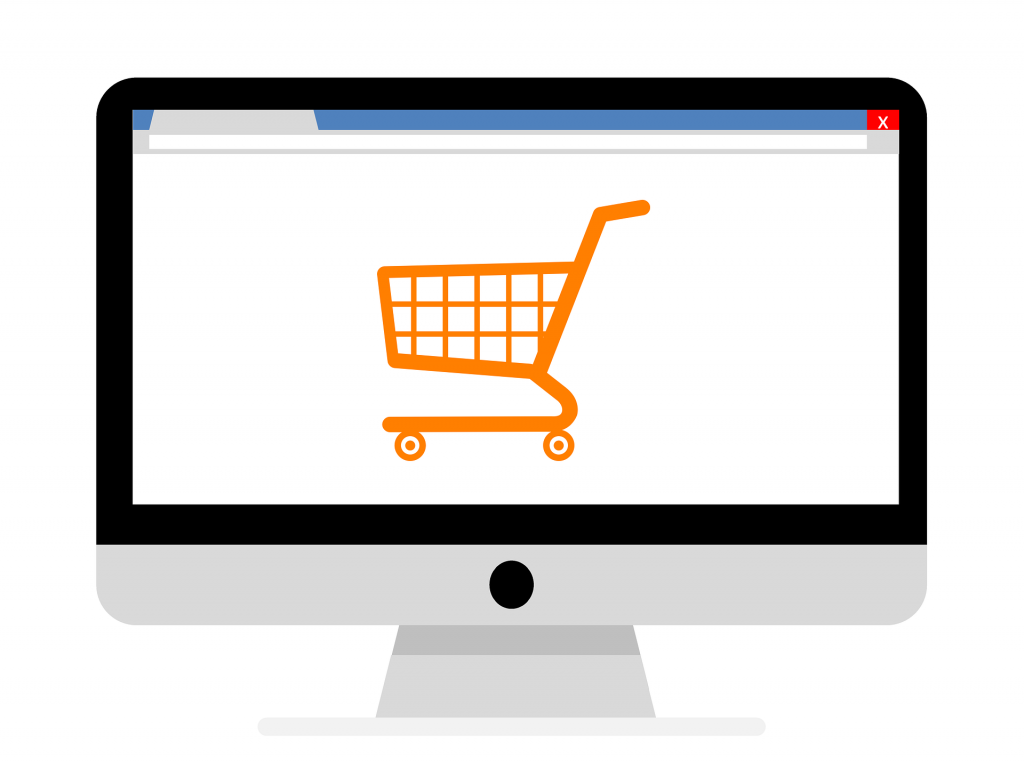5 Simple Steps to Launching a Successful Ecommerce Business
Posted on

There are stories all around about people with limited expertise and background turning rich because of the eCommerce boom. From packaged snow to jewellery made from sustainably sourced nuts, almost all types have businesses are exploring the online channel to leverage a worldwide audience. It is only logical that if you have been toying with an eCommerce business idea, you want to launch it quickly and smoothly. As a key stakeholder, you will have your hands full with operational aspects, of your business. Hence the best thing you can do is get all the basic aspects of your ecommerce set up right before you launch.
-
Choose a proper platform to build your business
Some sellers choose to sell only via third party e-tailers. This will involve taking the time out to understand the platform’s guidelines and optimizing your listings while you showcase your products right next to your competitors. Others choose to create their own store website and sell through it. Each option has its pros and cons. While you save on commission in your own platform, you’ll have to invest significant time and effort to drive traffic. Also, having your own store front will involve working with platforms like Open Cart or shopify or independent developers and additional plugins for customization. Some do a hybrid of both which ensures idea validation and sales from third party websites while your own traffic builds. We’ve seen the hybrid model work wonders for small businesses.
-
Create an impeccable UI
Design plays a huge role in telling your customers that you are a serious seller. When you develop a store front, pay extra attention to user experience, colours, font, logo and design. You can’t tell much when you are just launching but most people who have done superior designs later have found it to be a big factor in aiding conversion. This is also one major area where most newcomers try to cut corners to hasten the launch. In fact, the first version of many websites are a very poor version of their current version. But that shouldn’t stop you from making your first version a good one. It is when you customers, competitors and investors will want to explore what you sell.
-
Choose a reliable payment gateway provider
Imagine your customer wanting to buy something and isn’t able to complete the transaction because of a sloppy payment gateway! Seeing people drop away from the final level of your funnel is heartbreaking. Also, with some gateways charging both static fees and per transaction commission, it can just make a dent in your hard-earned money.
So how do you choose a good payment gateway provider?
These days, the easiest way to to set up your payment process is via a “modern” payment gateway that doesn’t require a merchant account. The actual transaction happens on their website ensuring that they are responsible for both security and compliance.
Integrated payment gateways are complex and generally used by bigger stores who want the edge of customers not leaving their site to complete the payment.
Things to consider
- Price: Payment gateways usually charge per transaction or for monthly usage. Some have both and an initial set up fee. 2% may not seem much but it can pinch if you are selling high end goods.
- Actual process: Check out the demo for the payment gateway on their site. See how many leaps your customers will have to make to finish their transaction.
- Support: Once in a while, you will get a rotten egg that’ll need hand-holding. For such cases, it is best to know how your payment gateway deals with things like returns, refunds and complaints.
For example, PayTabs not only offers a very small fee that fits most startups, it also offers hand holding and ongoing support.
-
High level knowledge on driving traffic to your site
As an online business, it is imperative that you know the basics of search engine optimization (SEO), pay per click advertising (PPC), Social media marketing (SMM) and influencer marketing. SEO for your own store, for your app store (aSEO) and even for third-party listings plays a key role in how your product reaches consumers. PPC advertising can be a great tool for idea validation. Social is something that you simply can’t do without and you need to hold your influencers closer than your friends. Even if you choose to hire an agency to do this, take an initial course online to ensure that you understand when your agency shares metrics with you.
-
Test and launch
Keep a set of 50 – 100 people friend list who can be your guinea pigs during the initial days. Ask them to independently evaluate your site performance and give you feedback from time to time. From small bugs to dummy content to blurry images, these extra eyes can do a world of good before your actual customers see your site.
Last but not the least, be agile and ready to shift gears quickly. Learning from experiments is a great way to grow your ecommerce business.
